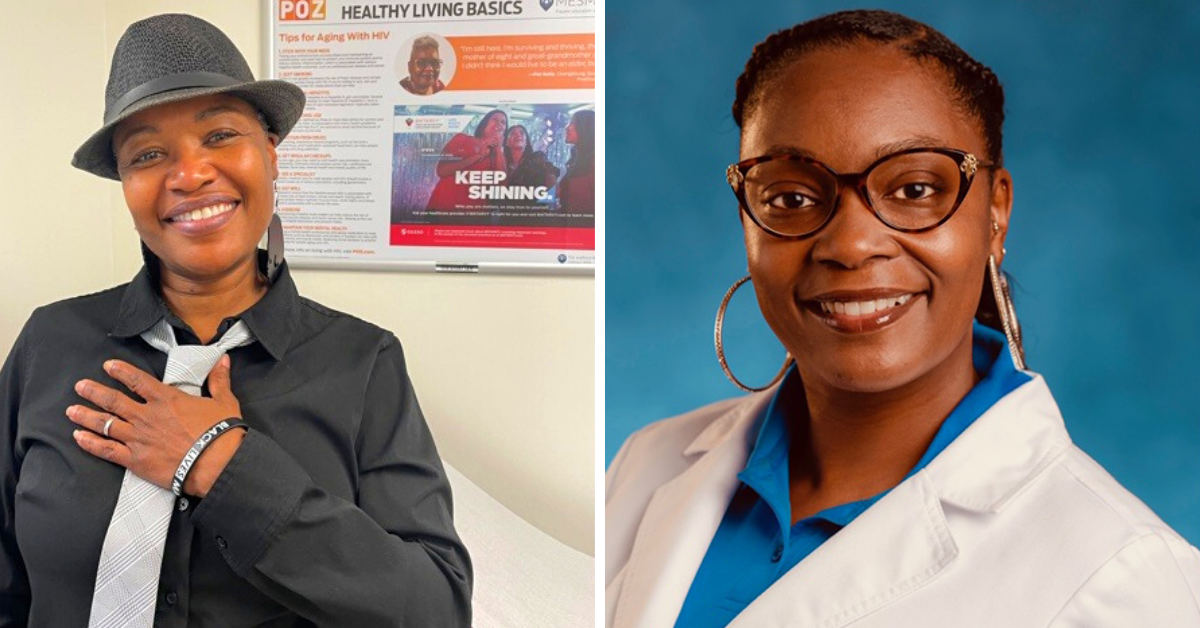LGBTQ Director Gerald Garth is Stepping Onto New Stages
Gerald Garth’s calendar is bursting with meeting invitations ranging from monthly check-ins to festive outings. He is a man-about-town wearing several hats, lending his advocacy along his travels. This afternoon, he’s taking it easy—a Zoom call here and there, a coworker dropping off items, and a hard stop at 2 p.m. He’s wrapping up his to-do list before attending a string of holiday parties and year-end celebrations.
Garth had a good 2021, personally and professionally. He describes prioritizing joy, setting boundaries, and tweaking his work-life balance. Sounds like sage advice, considering he’s stepping into multiple new roles in 2022. For one, he will be Director of Diversity, Equity, and Inclusion with the Los Angeles LGBT Center. He was elected to two positions: vice president of community initiatives and programs with LA Pride and the head of media and communications for Global Black Pride.
“I start [at The Center] at the top of the year, building strategies,” Garth said. “We are taking a robust view, looking at the hiring practices, programs, protocols, staffing structures, opportunities, next steps, and so forth.”
The 800-employee-strong Los Angeles LGBT Center sprawls over nine locations. Close to 50,000 Angelenos receive services ranging from primary care, HIV specialty care, and legal assistance to gender-affirming services through the agency.






